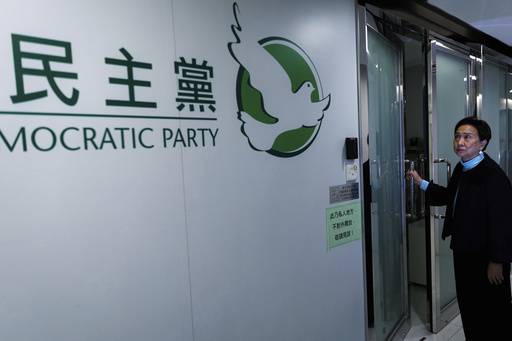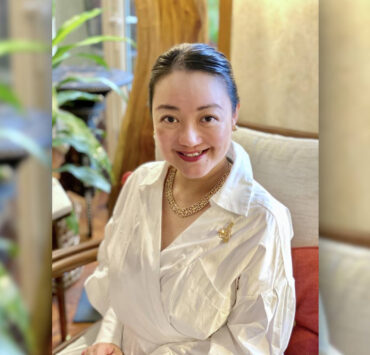Australian judge is latest to quit Hong Kong court

HONG KONG—An Australian judge became the latest foreigner to resign from Hong Kong’s highest court before the end of his term as a security crackdown fans international criticism of a perceived erosion of the rule of law in the financial hub.
Robert French, a former chief justice of Australia’s High Court, stepped down on Friday as the city’s largest prodemocracy party also moved toward dissolution.
The disbanding of the Democratic Party serves as a symbolic marker of the diminishing Western-style civil liberties and autonomy that the ruling Communist Party in Beijing promised to keep intact in the former British colony for at least 50 years when it returned to China in 1997.
French said he respected Hong Kong and the “integrity and independence” of the remaining foreign judges but that the “role of the non permanent justices on the Court of Final Appeal has become increasingly anachronistic and arguably cosmetic.”
Foreign magistrates
Britain and China agreed to have nonpermanent foreign judges on the court when London handed its former colony over to Chinese rule in 1997 under a “one country, two systems” formula.
Their presence was widely seen as burnishing the city’s rule-of-law credentials after it lost access to Britain’s Privy Council for appeals.
Noting that the Hong Kong court was the only one in greater China to have foreign judges serving, French said there “may be a substantive role for international judges in Hong Kong in the future as part of an international commercial court.”
The government confirmed the resignation in a statement, saying it was grateful to French for his valuable contributions and his “support for the rule of law in Hong Kong.”
Last year, another nonpermanent judge, Britain’s Jonathan Sumption, quit the court shortly after a landmark verdict in which 14 prominent democratic activists were convicted for subversion, part of a national security crackdown on dissent.
Sumption said Hong Kong’s rule of law had been “profoundly compromised” and the city was “slowly becoming a totalitarian state.”
Smaller number
The number of foreign judges on Hong Kong’s Court of Final Appeal (CFA) has fallen from around 13 to five in recent years, with some raising concerns at the imposition of a sweeping national security law.
In his statement to Reuters, French said he rejected any suggestion that foreign judges serving on the CFA were “somehow complicit in the application … of national security laws or somehow confer on them a spurious legitimacy.”
On the disbandment of Hong Kong’s Democratic Party, cofounder Yeung Sum said that forming the group 30 years ago was to go against the odds. He said it was a “difficult dream” but was not an impossible one.
Yesterday, he let go of that vision.
Former chair Yeung told The Associated Press that Chinese officials told him the party needed to disband.
“I’m not very happy about it,” said Yeung. “But I can see if we refuse the call to disband, we may pay a very huge price for it.”
Dire consequences
Party veteran Fred Li said Chinese officials implied the party wouldn’t survive through this year’s legislative election when he asked about the possibility of its members running. Another founding member, Sin Chung-kai, said some Hong Kong-based members were warned in early February of consequences if the party continued to exist.
The Democratic Party was formed in 1994 through a merger of two prodemocracy groups. According to its manifesto, it supports Hong Kong’s return to China.
In its early years, it won the most seats in the legislative council until Beijing changed electoral rules in 2021 to ensure only “patriots” can run.
Reuters, the news and media division of Thomson Reuters, is the world’s largest multimedia news provider, reaching billions of people worldwide every day. Reuters provides business, financial, national and international news to professionals via desktop terminals, the world's media organizations, industry events and directly to consumers.

















